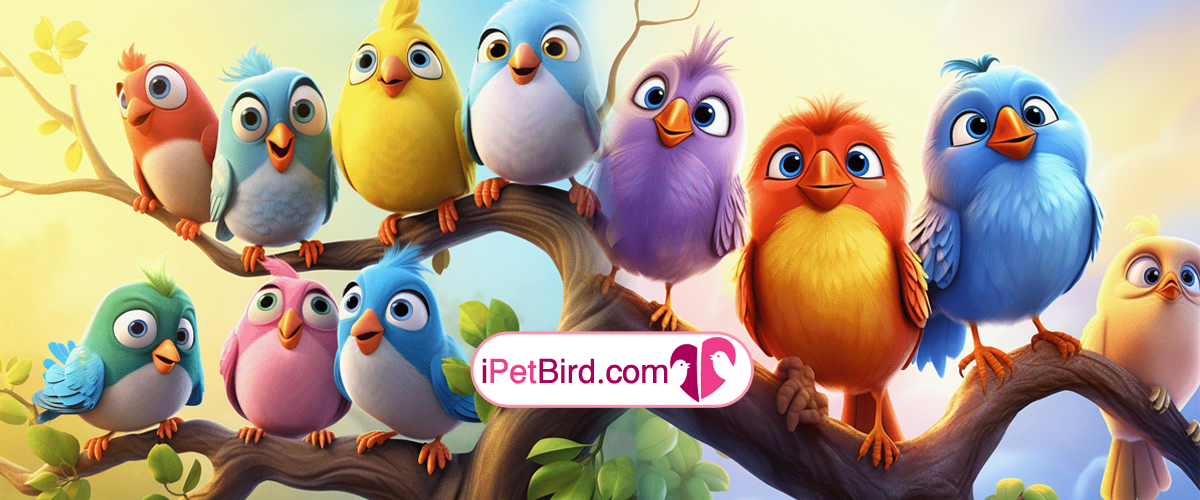What Is The Food For Young Chickens? When And How Do You Eat?

A chick is a young chicken, and it may be called a chick, and when feeding it, it must be known that it does not eat adult chicken food , but rather a type of grain should be provided that contains important nutrients for the growth of its bodies and feathers, especially during the first two weeks of their lives. Many ingredients other than food must be available for them to grow properly, such as a safe and comfortable environment. In addition to food, fresh water at an ideal temperature must be provided for them. It should be noted that chicks need to obtain food within hours of emerging from the eggs.
Items needed for chicks
Generally, chicken chicks need the following elements in their diet:
Protein : Protein helps in muscle growth and strengthening, and is also more important for chick development.
Legumes : They are important in the diet of chickens in general, and include oats, corn, and wheat, and provide phosphorus, vitamin B, protein, and elements that chickens need to stay healthy.
Vitamins and minerals : Chickens need certain vitamins, such as vitamin A, vitamin D, and vitamin B, in addition to salt.
Fats : They are important for producing energy and essential fatty acids necessary for many processes within the body.
Water : Chicks need plenty of clean, fresh water.
Feed the chicks according to their age
Feeding chicks for the first 48 hours
The chicks do not need anything to eat or drink for 48 hours after they hatch, as they feed on the egg yolk, which they absorb into their bodies before they emerge from the shell.
Feeding chicks during the first week
To know the chicks’ diet during the first week, follow the following:
Starter feed is the type of feed that baby chicks need.
Newly hatched chicks should be fed a balanced chicken starter with a protein level of between 15-20%.
You can buy feed that contains unprocessed whole grains, which are healthier because they are natural.
Feeding chicken chicks during 2-8 weeks
When the chicks are between 2-8 weeks old, at this stage they can be given a starter feed that contains a low percentage of protein, a calcium level of less than 1.25%, in addition to Omega-3, and other essential nutritional elements for their digestion and health: At this stage, you can also start giving the chicks the following foods once a day:
Cut the leftover vegetables.
Oats.
Mashed boiled eggs.
Pieces of strawberry.
Worms.
Cockroaches.
Plain yogurt.
Grapes.
Read also: How To Raise Quail Birds: The Most Important Tips And Advice
Foods not recommended
Below is a group of foods that chicks are not allowed to eat because they may cause some problems and diseases:
Avocado.
Onions.
Chocolate.
Peanuts.
The bread is moldy.
Eggplant.
water
Water is important for poultry in general and for chicks in particular, as it helps in growth and has many benefits. It regulates body temperature, helps in the process of digesting food, and eliminating body waste. The amount of water consumed is equivalent to twice the amount of food or feed. The easiest way to provide water to newly hatched chicks is to use a 1-liter canning container equipped with a metal base or Plastic watering cans, which can be found at most feed stores.
Homemade food for chicken chicks
Below is a group of homemade foods that can be fed to chicks:
Apple Cider Vinegar: Helps digest food properly and keep their intestines healthy.
Yogurt : Especially natural, unflavored yoghurt, as it is full of probiotics that can benefit the chicks.
Garlic : acts as a natural anthelmintic, keeps insects away, and reduces cholesterol in eggs.
Seeds : Pumpkin seeds, sunflower seeds, cucumber seeds, and squash seeds contain many vitamins, in addition to helping to get rid of worms.
Scrambled eggs : It provides a good amount of protein necessary for their growth.
Tips for feeding chicks
Below are a set of important tips when feeding chicks:
Chicks should have access to fresh, clean water at all times.
A little starter feed can be sprinkled on a paper towel or plate to help them find it.
Choose a feeder that fits your space. A good feeder will prevent chicks from roosting or scratching at the feed.
Feed chicks a feed containing 18% protein to help get the energy needed for early growth.
The feed must contain amino acids such as; Prebiotics, probiotics, and yeast for immune health; Plus vitamins and minerals for bone health.
Cut all foods into small pieces to prevent choking hazards.
If feeding granules, you must ensure that they are small, and you should also use granite granules or parrot granules for best results.
Read also: Necessary Information About Goldfinch Breeding And Mating Season

















